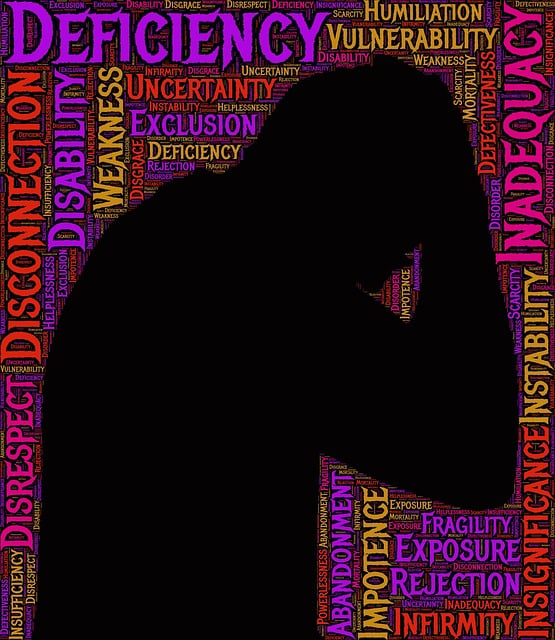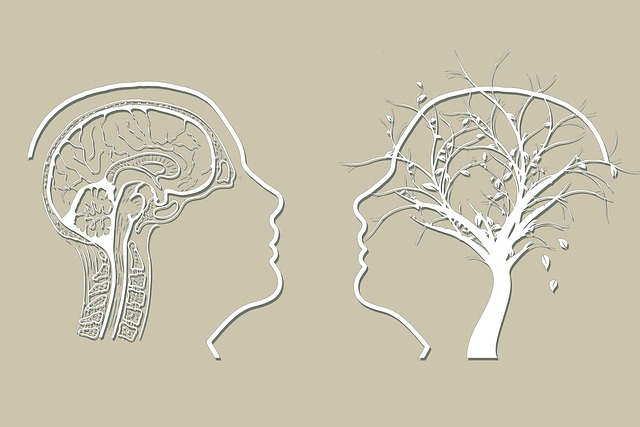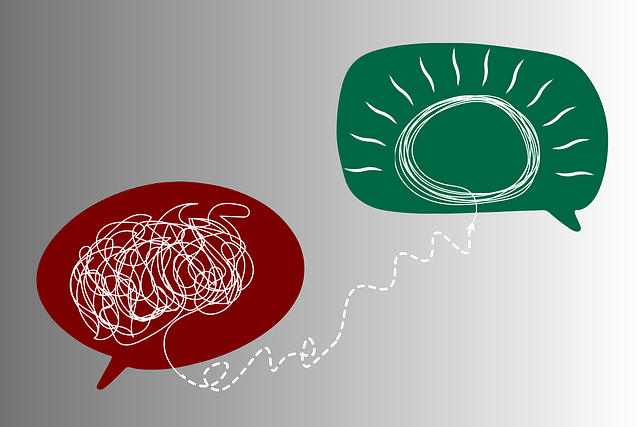Understanding unique mental wellness needs is crucial for developing a personalized self-care routine in Boulder. This involves recognizing triggers and prioritizing activities like therapy, meditation, journaling, exercise, and time in nature. By fostering resilience and managing stress, individuals can enhance well-being, even when addressing communication issues through Boulder couples therapy. Regularly reviewing and refining this dynamic routine ensures its effectiveness, integrating learned communication strategies into daily life for healthier relationships.
In today’s fast-paced world, prioritizing mental wellness is paramount. This comprehensive guide explores how to develop a robust self-care routine, using strategies proven effective by Boulder Couples Communication Issues Therapy. We’ll help you navigate identifying personal triggers and needs, establishing essential self-care practices for stress management and emotional well-being. Learn tips for sustaining and adapting your routine to ensure consistent mental wellness over time.
- Understanding Your Mental Wellness Needs: Identifying Triggers and Prioritizing Self-Care
- Building Blocks of a Self-Care Routine: Strategies for Stress Management and Emotional Wellbeing
- Sustaining and Adapting Your Routine: Tips for Consistent Self-Care with Boulder Couples Communication Issues Therapy
Understanding Your Mental Wellness Needs: Identifying Triggers and Prioritizing Self-Care

Understanding your mental wellness needs is a crucial step in developing an effective self-care routine. It involves identifying your unique triggers and prioritizing activities that promote mental health and well-being. For instance, if you struggle with anxiety, recognizing specific situations or thoughts that set off your symptoms can help you implement targeted strategies. Regular therapy sessions in Boulder have proven beneficial for many individuals dealing with anxiety relief, offering tools to manage triggers and develop coping mechanisms.
Self-care isn’t one-size-fits-all; it’s about creating a tailored plan that addresses your specific needs. Prioritizing self-care might include activities like meditation, journaling, regular exercise, or spending time in nature. By acknowledging the importance of mental wellness and making it a priority, you can navigate life’s challenges with greater resilience, fostering a healthier and happier you.
Building Blocks of a Self-Care Routine: Strategies for Stress Management and Emotional Wellbeing

Establishing a robust self-care routine is an empowering step towards enhancing mental wellness and managing stress effectively. The foundation of this process lies in identifying personal triggers and implementing strategies tailored to individual needs. One crucial aspect is prioritizing stress management techniques, such as mindfulness practices, deep breathing exercises, or engaging in physical activities that reduce tension and promote relaxation. These activities serve as powerful tools to navigate through daily pressures.
Additionally, fostering emotional healing involves creating safe spaces for expression. This can be achieved through journaling, where individuals articulate their thoughts and feelings, or by seeking therapy to address underlying issues, especially when couples’ communication problems are involved. Incorporating practices that nurture positive thinking, such as gratitude lists or meditation, can significantly impact overall emotional wellbeing. Social Skills Training might also be beneficial in building connections and enhancing support networks, contributing to a holistic self-care strategy.
Sustaining and Adapting Your Routine: Tips for Consistent Self-Care with Boulder Couples Communication Issues Therapy

Maintaining a mental wellness self-care routine can be challenging, but it’s crucial for managing stress and preventing depression. At Boulder Couples Communication Issues Therapy, we often emphasize the importance of adaptability in self-care practices. Life is unpredictable, so your self-care plan should be flexible to accommodate changing circumstances and priorities. For instance, if you usually enjoy outdoor activities, consider adjusting your routine during inclement weather or when dealing with busy work schedules.
Regularly reviewing and refining your self-care routine can help ensure it remains effective. Incorporate communication strategies learned through therapy into daily interactions, fostering healthier relationships and promoting mental wellness. By understanding triggers and practicing mindfulness, you can navigate stressful situations more effectively. Additionally, be open to introducing new activities or techniques that resonate with your current needs, keeping your self-care journey dynamic and supportive.
Developing a mental wellness self-care routine is a transformative journey, especially with guidance from resources like Boulder Couples Communication Issues Therapy. By understanding your unique needs, identifying triggers, and prioritizing self-care strategies, you can build a robust routine that promotes emotional wellbeing and stress management. Sustaining this routine involves adaptability and consistency, ensuring that your mental health remains a top priority in an ever-changing world.














